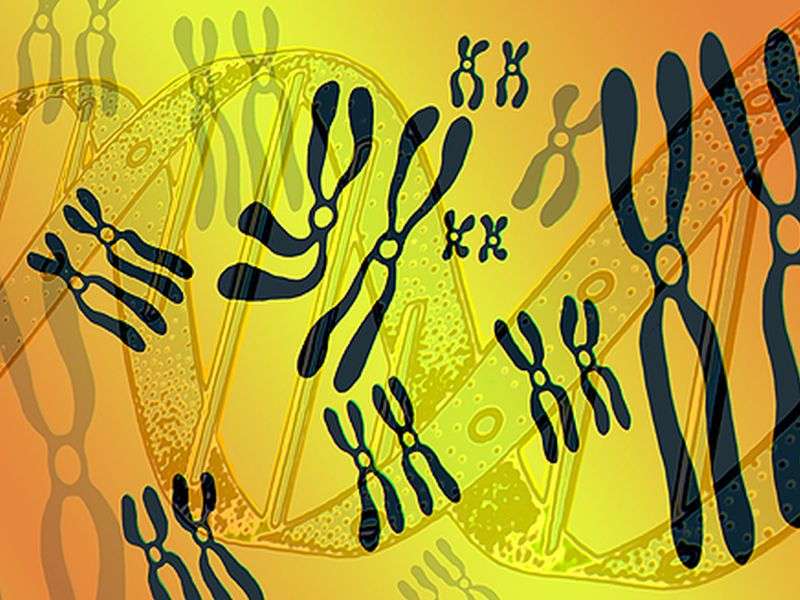Phenotype varies for presumed pathogenic variants in KCNB1

(HealthDay)—De novo KCNB1 missense and loss-of-function variants are associated with neurodevelopmental disorders, with or without seizures, according to a study published online Aug. 14 in JAMA Neurology.
Carolien G.F. de Kovel, Ph.D., from the University Medical Center in Utrecht, Netherlands, and colleagues examined the clinical spectrum associated with KCNB1 variants. Variants were identified with massive parallel sequencing and confirmed with Sanger sequencing. In all families except one, absence of the variant in the parents could be confirmed with Sanger sequencing.
The researchers found that 20 of the 26 patients with developmental delay carried a missense variant in the ion channel domain of KCNB1, with a concentration of variants in region S5 to S6. Three variants that led to premature stops were located in each of the C-terminal and the ion channel domain. Overall, 21 of 25 patients had seizures, and nine started with epileptic spasms between age 3 and 18 months. All of the patients had developmental delay, with 65 percent experiencing severe developmental delay. Fourteen of the 17 with severe developmental delay had behavioral problems. In four of six patients with stop variants and in a patient with a variant in the S2 transmembrane element rather than the S4 to S6 region, developmental delay was milder.
"The type and position of the variants in the protein are (imperfectly) correlated with the severity of the disorder," the authors write.
More information: Abstract/Full Text (subscription or payment may be required)
Copyright © 2017 HealthDay. All rights reserved.

















